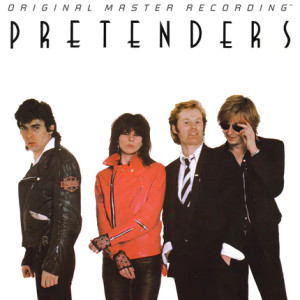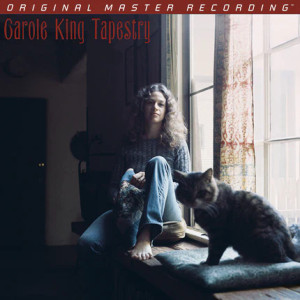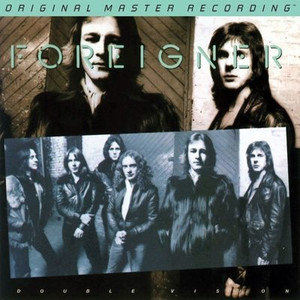
Mobile Fidelity Sound Lab MFSL/MoFi er kendt for deres udgaver af remastererede grammofonplader i høj kvalitet. Mange udgives i et begrænset, nummereret antal.
På forsiden af alle covers står der ORIGINAL MASTER RECORDING.
Mastered from the original master tapes, pressed on premium vinyl at RTI, and limited to 3,000 numbered copies, Mobile Fidelity's 180g mono 45RPM vinyl 2LP set unveils the baroque underpinnings, gorgeous harmonies, grinding soul, and low-end-plumbing organ riffs that help make the quartet's music inimitably unique. The timing of the off-kilter tempos and unpredictable improvisational movements is also cast into unpolluted light, with the collective's expert shading and deliberate tonality emerging as major components of the songs.
Vastly improved, too, is the powerful, jazz-inspired drumming of Carmine Appice. Seated deep and wide in the vast soundstage, his playing illuminates the genius of Vanilla Fudge's arguably most valuable asset – a sense of dynamics and surprise that contributes to a rich, malt-like musical thickness true to the band's name. Psychedelia, yes, but seemingly more dense, absurd, slow, and groovy than that offered by any of its late 1960s contemporaries, and free of any of the cloying nature that immediately identifies retro acts as imitators.
Indeed, Vanilla Fudge's 1967 magnum opus occupies territory located between high-art seriousness and rule-breaking outrageousness. Its maverick streak treats reverential scripts with inviting strangeness, offbeat vision, and zero pretension. Sharing a mental wavelength with Frank Zappa and the Mothers' finest work, renditions of the Beatles' "Eleanor Rigby" and Curtis Mayfield's "People Get Ready" swirl with bizarre accents and stretch the imagination. Equally creative, Vanilla Fudge's takes on Sonny Bono's "Bang Bang" and the Zombies' "She's Not There" redefine the dirge.
Developing a sound that predated prog-rock and metal by years, Vanilla Fudge has been cited by members of Deep Purple, Yes, and Chicago as a key inspiration. And none other than Led Zeppelin's John Bonham cited Appice for devising a new approach on the album. In a late-career interview with Goldmine Magazine, the latter explains, "Supposedly I had created this new power rock kind of drum style, which I did out of necessity. There were no real amplifiers back then, no PA systems. I had to bang the hell out of my drums and I even bought a 26-inch base drum because it would be louder."






